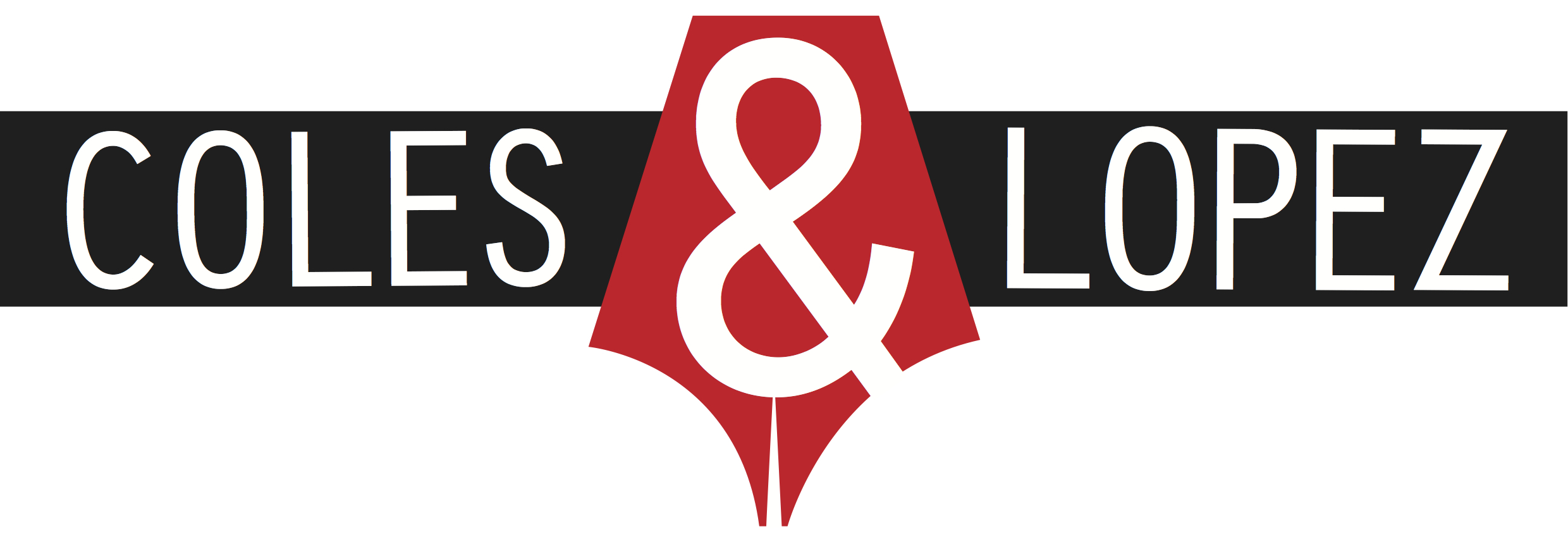Forgive me, farther
The humble pie that I am now eating.
Full disclosure: I set out to write this blog post thinking I knew the definitive rule on “farther” versus “further”. However, even if I’m confident about a grammar rule, I always like to research it before publishing anything, just in case I’m missing something important. This time, I was.
Up until about 20 minutes ago, this was my understanding: “farther” refers to physical distance, “further” to metaphorical distance. So we would say:
Our new house is farther from the city than our old one.
Before we discuss this further, there’s something you should know.
This isn’t wrong, exactly. But it turns out that speakers of American English are far stricter on the distinction. In the US, if you say Don’t run any further than a mile before stretching, grammar sticklers are likely to correct you. Over the years, I have heard this “rule” stated over and over and internalised it (damn you, globalisation).
However, I now know that British English – which we New Zealanders use – is more lax about the issue. It seems we can comfortably say “further” in both contexts. In fact, several online sources tell me “farther” is nearing extinction in England.
A few notes:
(1) Even in British English, the two words aren't interchangeable – you wouldn’t say We’ve decided not to take our relationship any farther.
(2) The same rules (or lack thereof) apply to “farthest” and “furthest”.
(3) As well as being an adverb and an adjective, further is a verb (to further one’s understanding). Farther can’t be used in this context.
So there you have it. If you are a fellow Kiwi, you can choose to keep it simple by using “further” all the time and eliminating “farther” from your vocabulary. If you are American (or writing/editing for an American readership), you should stick to using “farther” for physical distance and “further” for metaphorical.

